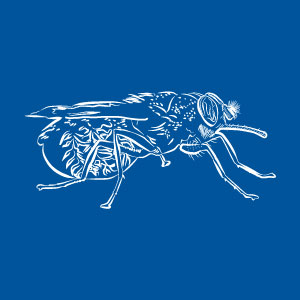Dismas Mwaseba attends Summer School on Grounded Theory and Qualitative Methods at the University of Pisa
June 13th, 2016
Dismas Mwaseba attended the Summer School on Grounded Theory and Qualitative Methods held at the University of Pisa, from 6-10 June, 2016. This is his account of the summer school.
Background
I participated in the Summer School on Grounded Theory and Qualitative Methods, held at the University of Pisa, Italy, from 6-10 June, 2016. University students (predominantly PhD students) and senior members of academic staff from continental Europe, Africa, and the United States, attended the summer school. There were over 60 participants in total.
Programme facilitators included two eminent scholars in grounded theory methodology and qualitative methods. Prof. Kathy Chalmers gave lectures on Grounded Theory (GT). The GT approach taken by Prof. Chalmers is a constructivist perspective unlike the traditional positivist GT. Prof. David Altheide dwelt on qualitative research with a particular focus on communication. We also had the opportunity to hear presentations on qualitative research tradition in Europe by professors and scholars from a number of European universities. Their presentations, as with the other two presenters, were largely based on individual case studies.
Mode of delivery
Discussions and the sharing of experiences were interspersed with lecture presentations. Lectures were largely based on case studies from Prof. Kathy Chalmers and Prof. David Altheide’s work. A number of exercises were done on data analysis, especially coding and memo writing, based on prepared case studies from participants’ own collected data. In my case, I used qualitative data collected for the sociological study on HAT in villages neighbouring Serengeti National Park. Moreover, some exercises in computer assisted qualitative data analysis were done. Also, participants exchanged experiences towards the end of the day’s programme. Further consultations were done with the facilitators throughout the programme.
Observations
Overall, for me, the Summer School was a good learning opportunity especially with respect to GT methodology. More specifically, participation in the Summer School helped me to reflect on the quality of the empirical material that we had collected for the Human African Trypanosomiasis (HAT) study. During the programme I learnt how to improve both the collection of qualitative data, as well as the analysis, for better research outputs.
In summary, the programme has helped enhance my ability to undertake research using GT methodology, and, as an instructor, to teach courses in qualitative research methodology at both undergraduate and postgraduate levels.
I wish to extend my appreciation to the WHO/TDR project for meeting costs for my participation in the summer school.
